The cosmetic injection may help train your muscles out of frowning, but there’s no hard data to say for sure
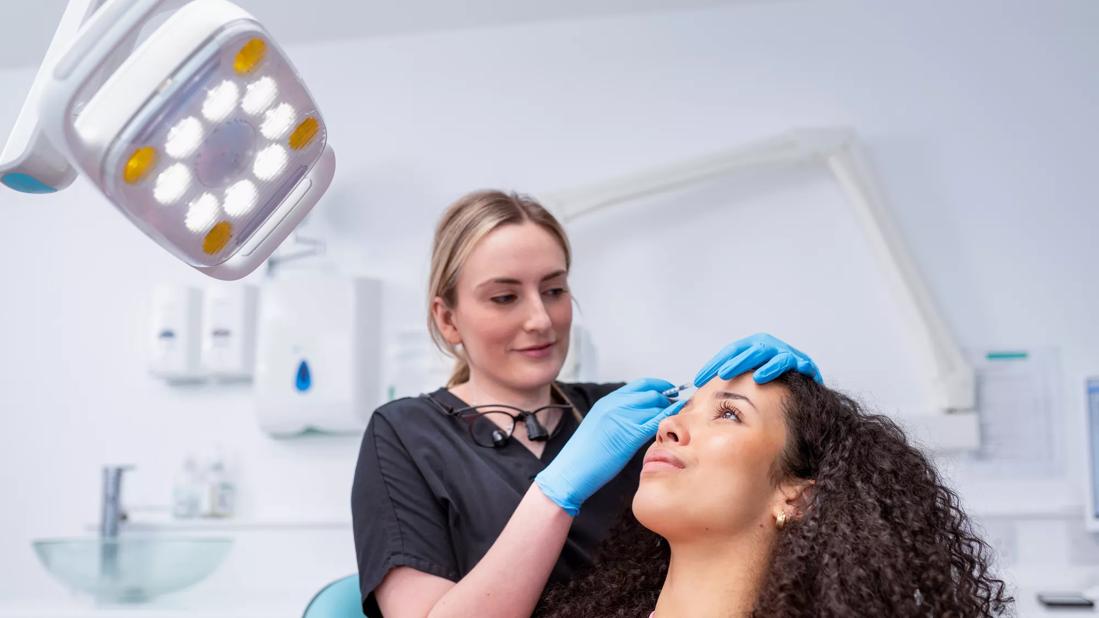
If you’ve ever been on social media and seen a 22-year-old influencer rave about their recent Botox® injections, you might be wondering, “Wait… Isn’t that stuff for wrinkles?!”
Advertisement
Cleveland Clinic is a non-profit academic medical center. Advertising on our site helps support our mission. We do not endorse non-Cleveland Clinic products or services. Policy
Yes. Yes, it is. But while Botox injections used to be sought out primarily by people who already had wrinkles, these days, younger and younger folks are clamoring for it, too. Their reason? Preventing wrinkles.
But does it work? And is it worthwhile? Plastic surgeon James Zins, MD, weighs in on the trend of preventative Botox and whether it’s something you should try.
Video content: This video is available to watch online.
View video online (https://cdnapisec.kaltura.com/p/2207941/sp/220794100/playManifest/entryId/1_4shxiqqr/flavorId/1_5f3sgelj/format/url/protocol/https/a.mp4)
The idea is to use Botox (botulinum toxin) injections to stop wrinkles from occurring in the first place. But to understand how that might work, you need to first understand some things about wrinkles in general and about the science behind Botox injections.
Facial wrinkles happen as a result of muscle contractions and gravity. Your facial muscles contract any time you smile, frown, squint or make other facial expressions. As you get older, the combination of repeated muscle contractions and good old gravity leads to — you guessed it — wrinkles.
But Botox relaxes the muscles that cause wrinkles.
“In very, very low dosage, Botox blocks the neuro-communication between the muscle and nerve,” Dr. Zins explains. “This causes weakening or paralysis of that muscle.”
Think about it: If your nerve can’t communicate to tell your muscle what to do, then your muscle won’t do, well, anything — including making the sort of extreme facial expressions that can contribute to wrinkles.
Advertisement
“With repeated injections, we find that patients don’t frown as much,” Dr. Zins says. “Why that is, we’re not exactly sure, but it’s thought to help you break that habit through behavior modification.”
So, some people get “preventative Botox,” to try to keep their facial muscles from making all of those contractions that would eventually lead to wrinkles.
“The concept is twofold,” Dr. Zins explains. “First, to break the habit of frowning and second, to train, weaken or atrophy those muscles so that they’re not as active and thus, might not lead to wrinkles.”
It’s important to note that Botox is a brand name for just one type of botulinum toxin injection, but there are others, too — and “preventative” injections of any of these neurotoxins work the same way.
Other types are:
While they’re similar, they’re not exactly the same. If you’re considering botulinum toxin injections, a healthcare provider can help you figure out which is best for you.
Here’s the thing about preventative botulinum toxin injections: There’s not much evidence that they work.
“The idea of it is more theoretic than operational,” Dr. Zins clarifies. “I think it’s a reasonable assumption, but we don’t have hard data to support it.”
Getting injections, whether or not you currently have wrinkles, will indeed relax your facial muscles … but only during the time it’s active.
“Botox is temporary,” Dr. Zins points out, “so, once the treatments have stopped, then the effect goes away.”
The effects of Botox and other neurotoxin injections last only about three to four months, and then, your skin will go back to its usual form. If you continue to get injections, your muscles may train themselves to contract less. But there’s no guarantee that they’ll prevent you from getting wrinkles in the first place.
There’s some hope, though, like in a 2006 study that looked at the effects of long-term Botox on a set of twins: One sister received regular injections for 12 years; the other did not. Even seven months after her last injections had faded, the twin who got regular Botox had less noticeable crow’s feet than her sister.
Facial expressions and gravity aren’t the only factors that play a role in wrinkles. Genetics is in the mix, too.
You may be a good candidate for early neurotoxin injections if you have a family history of very deep wrinkles, especially if your relative(s) developed them fairly young.
But again, there’s no hard evidence that Botox injections will prevent wrinkles — just help lessen their appearance as they develop.
Advertisement
Injections aren’t the only way to keep your skin looking young. There’s plenty you can (and should!) do to keep your skin healthy, which can help postpone or lessen the overall effect of future wrinkles.
Try to remember that wrinkles are a normal part of aging, and aging is a normal part of life. Starting your 30s, your skin loses about 1% of its collagen each year, and your skin cells also slowly divide, which leads to thinner skin and, yes, wrinkles.
Advertisement
While preventative Botox may help keep your skin looking smoother for longer, there’s no fountain of youth that will stop you from ever developing a wrinkle. Do what you can to feel your best — but don’t let those laugh lines get you down!
Advertisement

Sign up for our Health Essentials emails for expert guidance on nutrition, fitness, sleep, skin care and more.
Learn more about our editorial process.
Advertisement
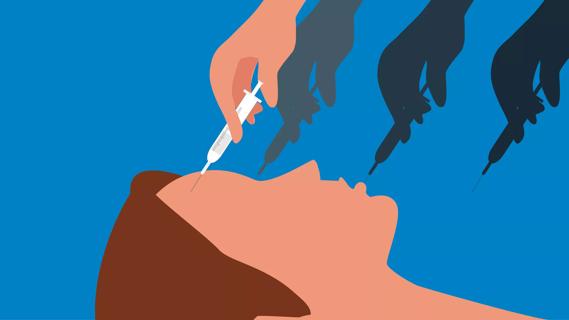
Most recommended precautions center around minimizing bruising or swelling
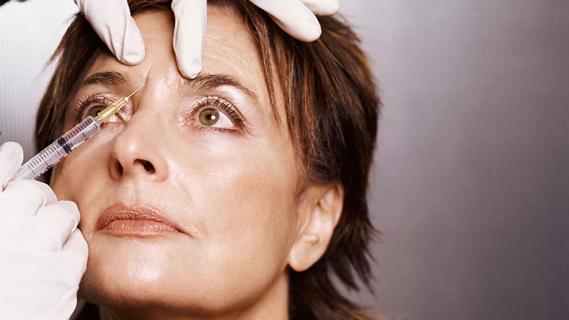
With repeat injections over time, you may be able to slow the development of new wrinkles
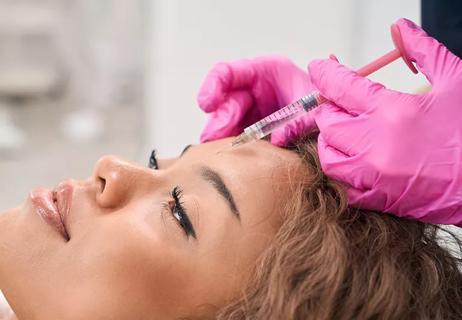
One reduces wrinkles by relaxing muscles; the other adds volume and smooths skin
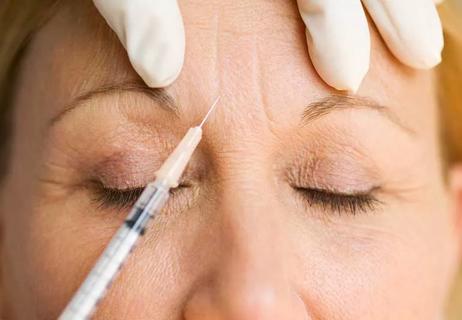
They both treat fine lines and wrinkles, but how they’re made and how long results last differ
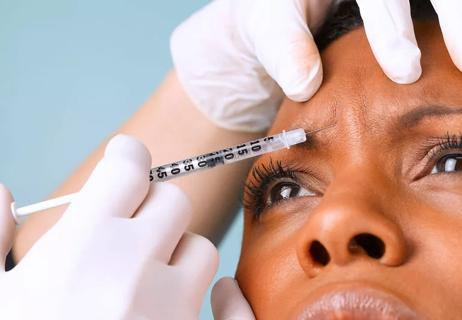
The big difference with this procedure is the smaller dosing
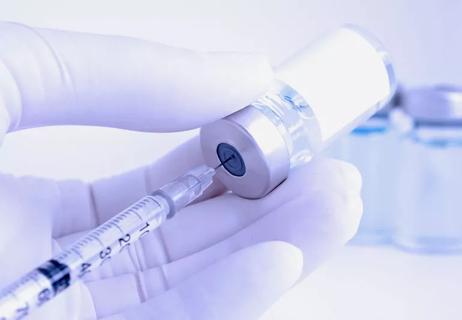
It’s an FDA-approved treatment for urinary incontinence and overactive bladder
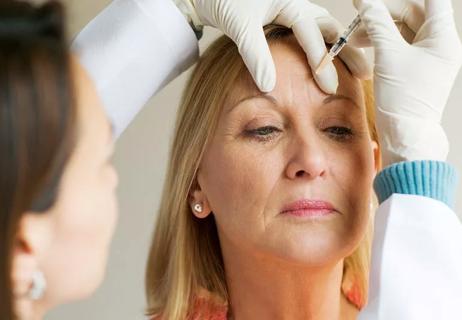
Both are used to treat fine lines and wrinkles
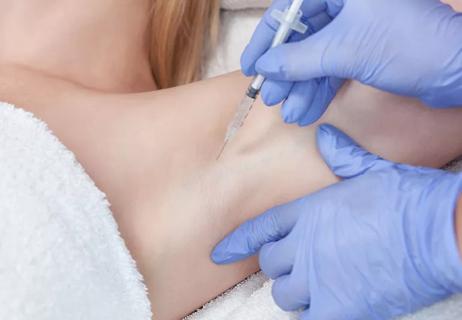
If you're tired of products that don’t stop your serious sweating, Botox could be life-changing

Even small moments of time outdoors can help reduce stress, boost mood and restore a sense of calm

A correct prescription helps your eyes see clearly — but as natural changes occur, you may need stronger or different eyeglasses

Both are medical emergencies, but they are very distinct events with different causes